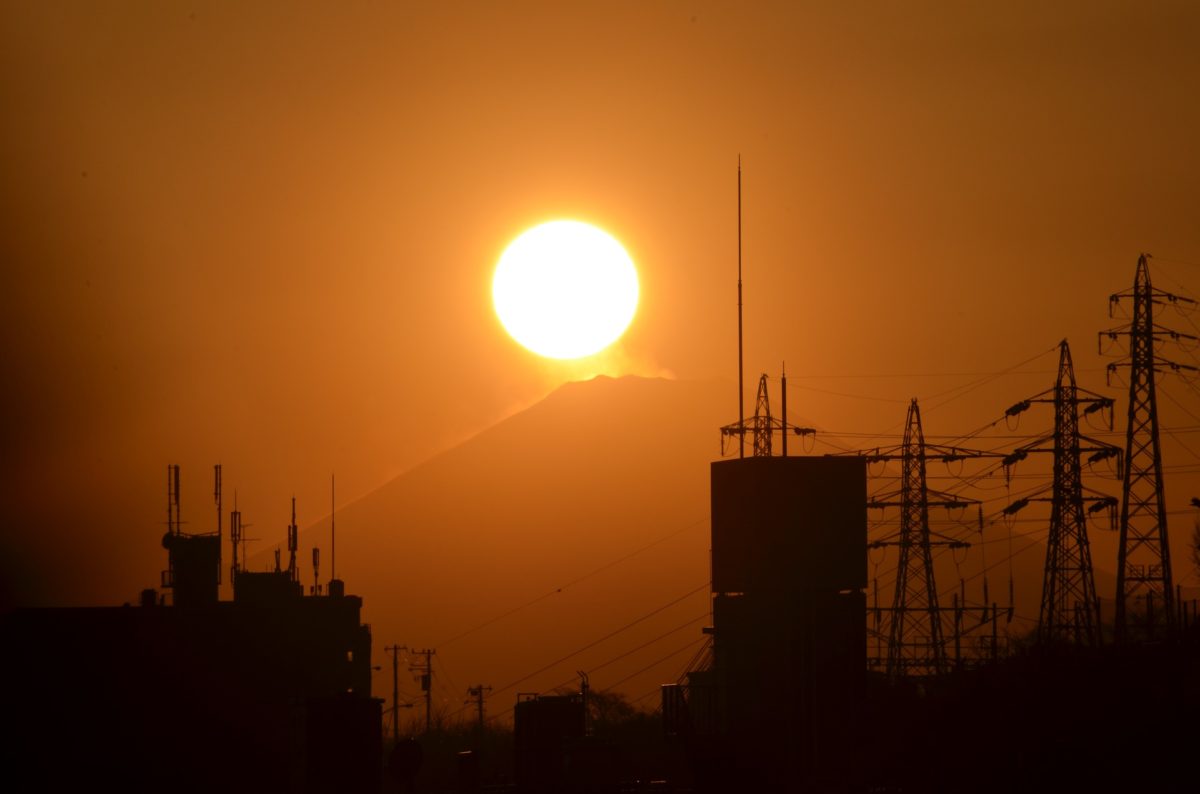Japan’s Ministry of Economy, Trade and Industry (METI) has announced the results of the sixth auction for solar projects with a generation capacity of more than 250 kW.
The ministry said it has selected solar power projects with a combined capacity of 368.8 MW in the procurement exercise, after having initially accepted project proposals with a combined capacity of 526.5 MW for review.
The METI had originally planned to allocate around 750 MW of solar capacity in the auction and had set a ceiling price of ¥12.00 ($0.114)/kWh.
The 255 selected projects have a capacity ranging from 300 kW to 68.6 MW.
Slight decrease in average price
The METI has also revealed that in the procurement exercise the lowest price offered was ¥10.00/kWh ($0.095) and the highest ¥12.0 for an average price of ¥12.57.
Popular content
In the fifth auction held in January, the lowest price offered was ¥10.99/kWh and the highest ¥13.0, for an average price of ¥12.57. The METI selected solar power projects with a combined capacity of only 39.8 MW in the procurement exercise, after having initially accepted 72 project proposals with a combined capacity of 185.6 MW for review.
In the fourth auction held in the summer of 2019, the lowest price was ¥10.50/kWh ($0.0988), while the highest price was ¥13.99 and the average price was ¥12.98.
In the third auction finalized in January 2019, the METI had selected seven projects with a total capacity of 196.6 MW. Average price was ¥15.01 ($0.137) per kWh, with the lowest bid ¥14.25 and the highest ¥15.45.
The second auction, in September 2018, was a bit more successful in terms of capacity, with around 197 MW and a lowest bid of ¥16.47. In another under-subscribed first auction held in November 2017, only 140 MW of a hoped-for 500 MW of capacity was awarded, at an average price of ¥11.49/kWh.
The main issue solar developers have to address in Japan is land availability – in part due to restrictions on the use of abandoned agricultural sites – and grid constraints.
This content is protected by copyright and may not be reused. If you want to cooperate with us and would like to reuse some of our content, please contact: editors@pv-magazine.com.



1 comment
By submitting this form you agree to pv magazine using your data for the purposes of publishing your comment.
Your personal data will only be disclosed or otherwise transmitted to third parties for the purposes of spam filtering or if this is necessary for technical maintenance of the website. Any other transfer to third parties will not take place unless this is justified on the basis of applicable data protection regulations or if pv magazine is legally obliged to do so.
You may revoke this consent at any time with effect for the future, in which case your personal data will be deleted immediately. Otherwise, your data will be deleted if pv magazine has processed your request or the purpose of data storage is fulfilled.
Further information on data privacy can be found in our Data Protection Policy.